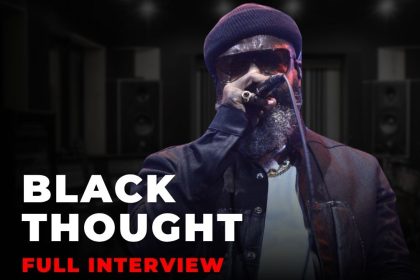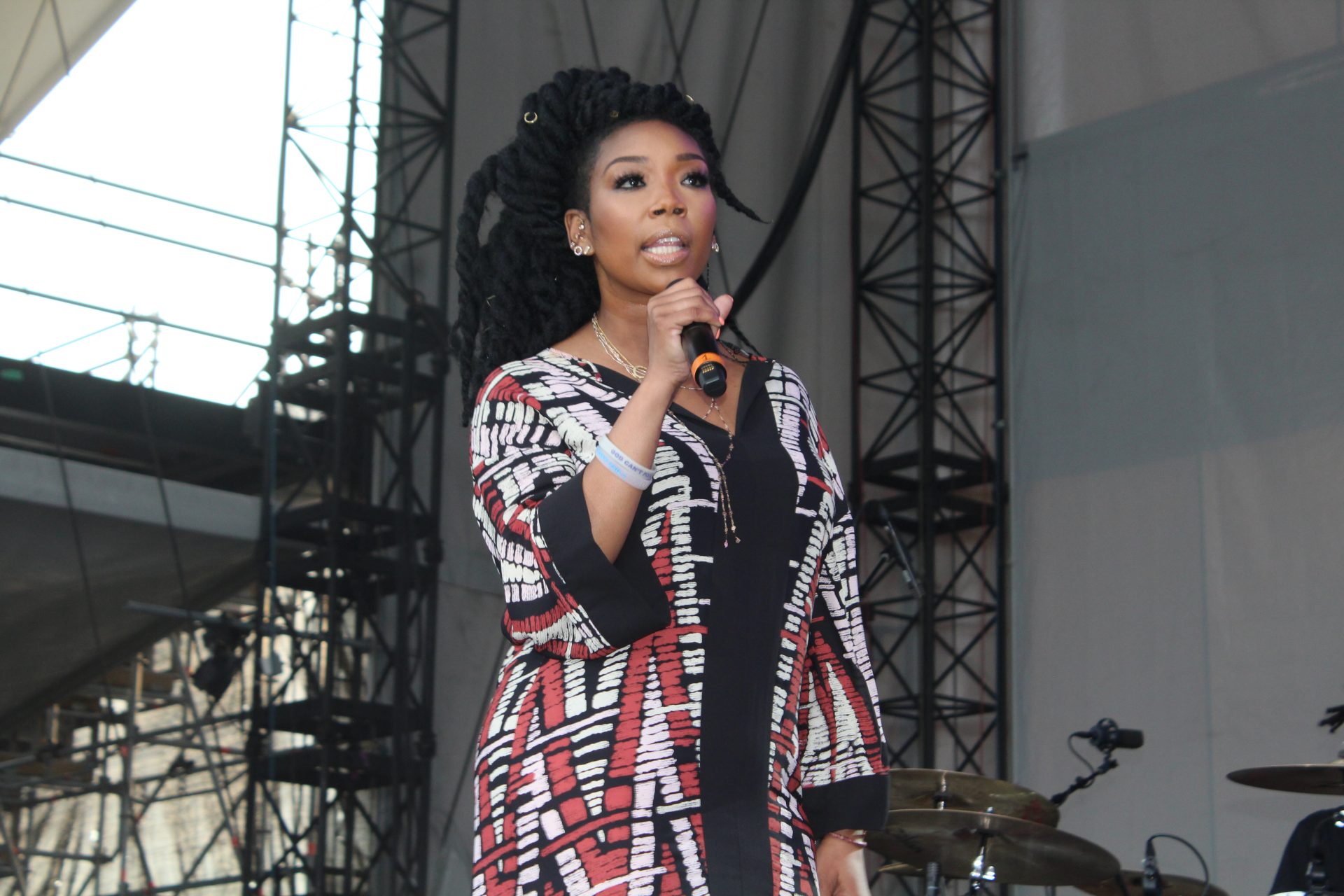Hip-hop legend LL Cool J has sparked intense discussion within the music community following his recent declaration on Apple Music’s Le Code that he stands as the most important rapper in history. The statement came as he released The FORCE, his fourteenth studio album, arriving nearly four decades after his groundbreaking debut Radio.
Pioneer’s journey
James Todd Smith, known worldwide as LL Cool J, emerged as a force in 1985, quickly establishing himself as hip-hop’s first mainstream superstar. His innovative approach to the genre was evident in early hits like “I Need a Beat” and “I Can’t Live Without My Radio,” which set new standards for both lyricism and commercial success in rap music. His raw, compelling storytelling, combined with a magnetic presence, allowed him to transcend the boundaries of hip-hop and reach wider audiences.
These early successes laid the foundation for LL Cool J’s reputation as a pioneer who wasn’t afraid to push boundaries. From the beginning, he demonstrated that hip-hop could be more than just a niche genre—it could be a cultural movement with mainstream appeal.
Cultural innovation
Beyond his musical contributions, LL Cool J revolutionized hip-hop’s cultural landscape. He was instrumental in introducing the concept of jewelry culture and integrating lifestyle elements into rap, creating a blueprint for future artists to follow. His emphasis on style, from the iconic Kangol hats to the gold chains, became a hallmark of hip-hop fashion that continues to resonate today.
More significantly, LL Cool J pioneered the rap love song subgenre, showcasing that it was possible for an artist to maintain hardcore credibility while exploring themes of romance and vulnerability. Songs like “I Need Love” proved that hip-hop could be multifaceted, appealing to diverse emotional experiences and paving the way for future artists who wished to broaden their lyrical themes.
Industry impact
LL Cool J’s influence extends far beyond traditional rap boundaries. His successful transition into television and film demonstrated the potential for rappers to build multi-faceted entertainment careers. His role on NCIS: Los Angeles became a symbol of how hip-hop artists could carve out successful acting careers, inspiring others to consider film, television, and other ventures as viable career paths. This pioneering move opened new opportunities for hip-hop artists to expand their presence beyond the stage and into mainstream media.
His ventures into acting and hosting, alongside music, have helped reshape the narrative around what it means to be a rapper, proving that hip-hop’s influence can span into various aspects of popular culture.
Lasting influence
LL Cool J’s contributions to the hip-hop lexicon include popularizing the term “GOAT” (Greatest of All Time), a term that has become synonymous with excellence in the genre. While borrowed from the legendary Muhammad Ali, LL Cool J’s adoption and vocal promotion of the term made it an integral part of hip-hop culture, solidifying his place within it as an influential icon.
The impact of LL Cool J goes beyond the music itself; it’s woven into the ethos of hip-hop, illustrating the depth of his influence on generations of artists. This commitment to excellence has positioned him as a standard-bearer for aspiring musicians looking to make a name for themselves in a highly competitive industry.
Modern relevance
The FORCE represents more than just another album release; it’s a testament to LL Cool J’s extraordinary longevity in an industry known for its rapid turnover. Few artists have managed to sustain creative relevance across four decades, yet LL Cool J continues to engage audiences and inspire new generations of performers. His ability to adapt and innovate while maintaining the core of his musical identity is a rare feat in the ever-evolving world of hip-hop.
The album’s debut also reflects LL Cool J’s knack for reinvention. While other veterans often struggle to keep up with modern trends, he has found a way to balance contemporary sounds with his signature style, proving that true artistry transcends time.
Industry response
The notable absence of pushback from fellow artists regarding LL Cool J’s bold claim speaks volumes about his respected position within hip-hop. Contemporary artists, many of whom grew up listening to his work, often recognize his role in shaping the genre’s evolution. His pioneering moves in the 1980s and 1990s laid a foundation for their success, creating a network of respect among those who followed in his footsteps.
LL Cool J’s legacy as a cultural figure has been affirmed by both peers and fans who acknowledge the trail he blazed, making the conversation around his claim not just about ego, but about a collective recognition of his unparalleled contributions.
Historical context
LL Cool J’s significance in hip-hop history becomes clearer when examining his pioneering achievements. As one of the first rap artists to achieve mainstream crossover success, he helped establish hip-hop’s commercial viability while maintaining artistic credibility—a delicate balance that continues to influence artists today.
His early integration of commercial appeal with the raw, unfiltered voice of hip-hop laid the groundwork for today’s artists, who strive to merge mainstream success with artistic integrity. The rapper’s role in moving hip-hop into the broader consciousness of popular culture can’t be understated, as he demonstrated that the genre could be both commercially viable and artistically respected.

















